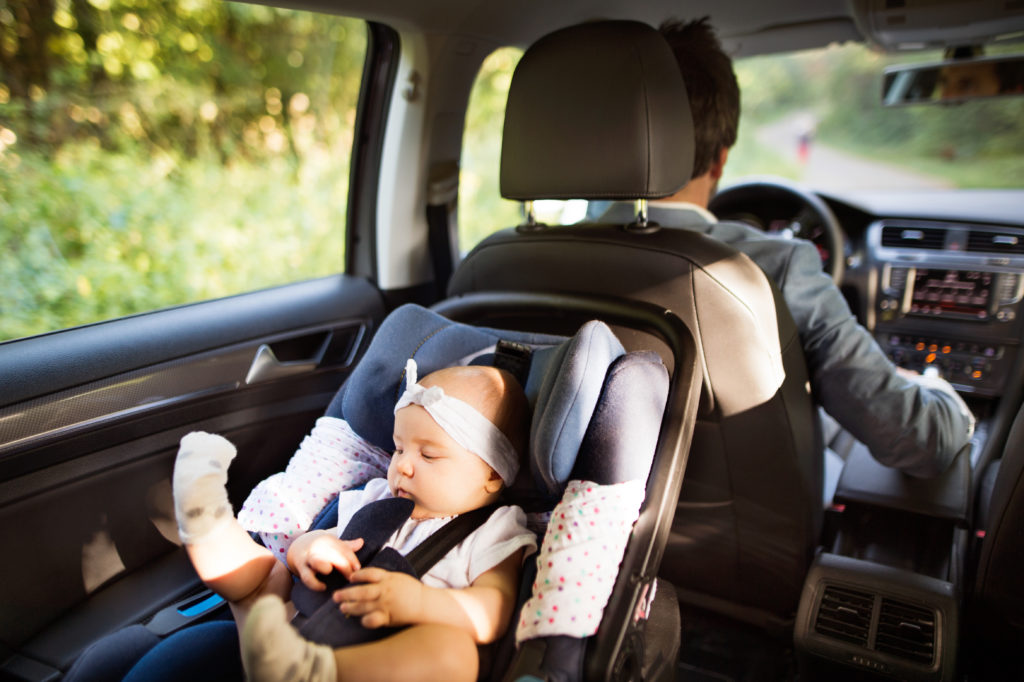
On June 15, Chicago will introduce shared electric scooters to neighborhoods on the West, Northwest, and Southwest sides. Chicago has been one of the more cautious cities as far as allowing electric scooters as a mode of transformation. Concerns about the safety of both riders and bystanders have led to Chicago waiting to see how other cities have fared after allowing electric scooters. Many of those other cities have been hit with an influx of patients in hospital emergency rooms with hundreds of riders and bystanders getting injured.
Generally, to use one of the electric scooters, a rider simply has to download a phone app, locate a scooter, and rent it on the spot using that app. The easy accessibility and cost efficiency of electric scooter-sharing has made it an extremely popular choice for transportation. To try and prevent issues that other cities have faced, and to increase safety measures, Chicago will have strict rules set in place. This is partially to avoid the many safety problems with scooter-sharing that have emerged as electric scooter usage has increased, such as the five electric-scooter deaths reported in the U.S. in just the past nine months.
Pilot Program Rules and Regulations
As part of this pilot program, Chicago will currently ban the use of these electric scooters in the Loop and lakefront areas, preferring to first test the scooters in less-crowded neighborhoods. The electric scooters will be programmed in such a way that they will stop working within a block outside of the designated areas. These electric scooters will be limited to a speed of 15 mph. To avoid the cluttering problem plaguing other cities due to riders being allowed to drop their scooters off in any location once done with a trip, Chicago will require that all scooters be parked upright instead of just strewn on the ground. Scooters will also not be allowed to be scattered across sidewalks, block loading zones, or take away easy access to building doors. Unlike other cities, Chicago will require that users of electric scooters take an extra step and provide a photo of how they parked their scooters and send it to vendors to ensure that scooters have been parked correctly.
Chicago will also require that vendors remove any scooters parked unlawfully within two hours of a complaint and have streets and sidewalks cleared of all scooters by midnight each day. The city Department of Transportation Assistant Commissioner, Sean Wiedel, stated that Chicago is currently the only city to require the removal of scooters by midnight. This is another regulation being enforced to avoid the clutter issue that has plagued so many of the other cities. The irresponsible discarding of scooters creates a more dangerous environment for riders and bystanders alike. Furthermore, Chicago will ban the usage of scooters on any sidewalks between the hours of 10 p.m. and 5 a.m. to discourage reckless behavior by what Wiedel has dubbed the “bar crowd.” As part of Chicago’s rules and regulations, renters will also have to be at least 18 or older, although 16- and 17-year-olds will be allowed to ride with the consent of a parent or guardian. Chicago will not currently enforce that riders wear helmets but strongly encourage that people do so for their own safety.
As June 15 and the beginning of an electric scooter-sharing program in Chicago approaches, it will be incredibly important that Chicagoans who choose to use these scooters are as knowledgeable and aware of the safety measures as possible. Although an exciting addition to Chicago’s famed transportation system, electric scooter-sharing is still new and unfamiliar enough that anyone wanting to ride an electric scooter should do so responsibly.







